'Busting myths' about family, sex and work

About 90% of English women in the 18th Century worked outside the home, like this shellfish seller painted by William Hogarth in the 1740s
- Published
The belief that sex before marriage was unusual in the past or the rich have always outlived the poor are among a series of "stubborn myths busted" by researchers.
University of Cambridge experts have drawn on 60 years of analysis of 250 million English records from the Elizabethan era to the early 20th Century.
Other enduring myths include the assumption women working outside the home was a late 20th Century phenomenon or that few people lived beyond the age of 40.
"Over the last 60 years, our researchers have gone through huge amounts of data to set the record straight," said Prof Alice Reid.
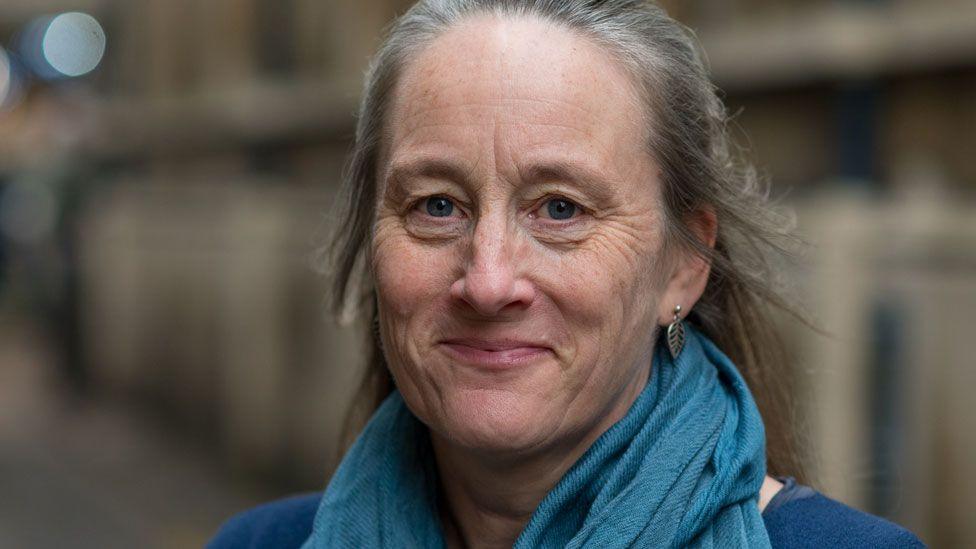
Teen marriage was not the norm in England, said Prof Alice Reid, with most men and women working into their 20s to equip their post-wedding home
"Assumptions about lives, families and work in the past continue to influence attitudes today," added the professor, a fellow of Churchill College.
"So many people think that people had loads of children, they married really early and died young, so when we talk to people they are really surprised by the demographic patterns of the past."
Prof Reid is the director of The Cambridge Group for the History of Population and Social Structure (Campop), external.
It was founded in 1964 by Peter Laslett and Tony Wrigley to conduct data-driven research into family and demographic history, and it has made the history of England's population the best understood in the world, according to the university.
More than 250 million records, including census data, parish and civil registers, probate records, street and trade directories, from the Elizabethan era to the early 20th Century, were analysed to reach its findings.
Myth: No sex before marriage
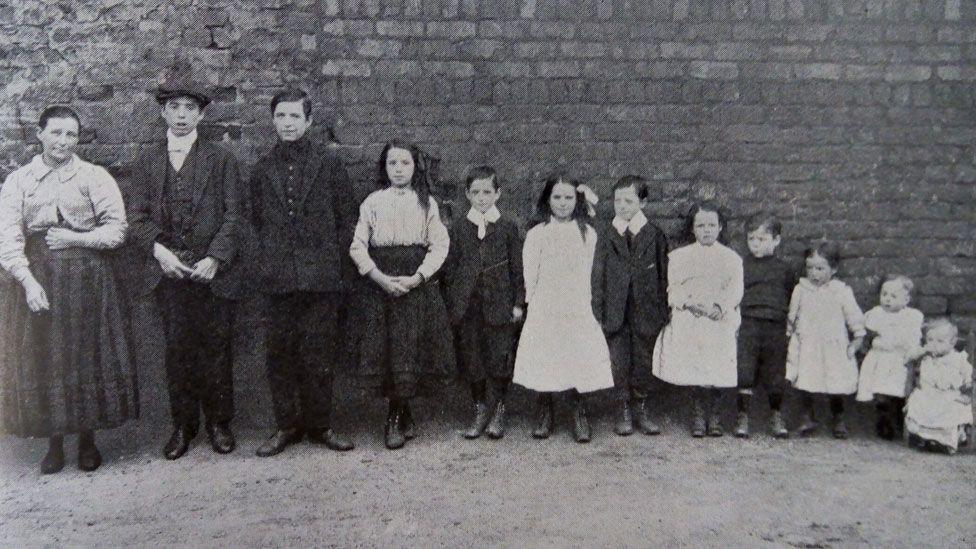
A mother with as large a family as this one probably got married earlier than most women in the 18th, 19th or early 20th centuries, according to researchers
In some periods, more than half of all brides were already pregnant when they got married, according to the researchers.
Prof Reid said: "Most people would start having sex when they made agreements to marry and if they became pregnant, that would speed up the marriage."
Non-marital pregnancy rates were low, ranging from 2% to 5% of births between 1540 and 1750.
They increased in the early 19th Century before dropping as the century progressed. That rate only started to rise again in the late 20th Century.
People also got married later than believed, with women typically waiting until their mid-20s while men were a couple of years older - and families were often smaller than believed.
Prof Reid said: "One of the most important ways of keeping fertility down was a late marriage and people would delay marriage during times when the economy was bad, as it was more difficult to build up a nest egg needed to set up a new household."
The only time since 1550 that average age of first marriage for women fell below 24 was during the baby boom of the 1950s and 1960s.
Myth: Women did not work outside the home
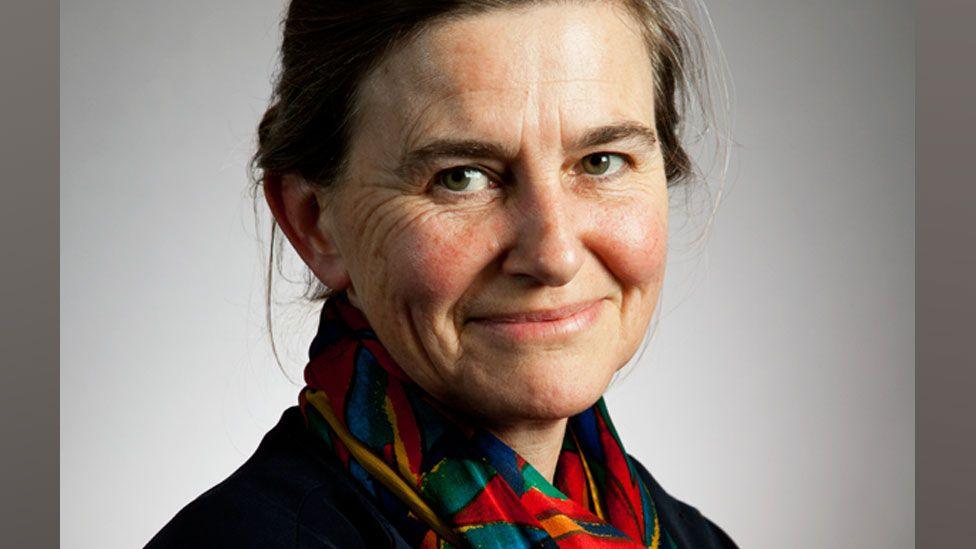
Prof Amy Erickson's research on 18th Century women revealed how many were successful entrepreneurs
About 90% of women in the 18th Century worked before and after marriage, according to Campop's professor Amy Erickson.
"Female entrepreneurs were absolutely normal in the 18th Century," she said.
"It was absolutely normal for them to be married and run their own business, some with their husbands and some alongside."
One of the largest employers of both men and women was the textile industry.
Prof Erickson said: "Both sexes were also employed in domestic work as well as manufacture, retail and agriculture."
Mechanisation led to the collapse of textile employment and by the 1851 census, female employment was down to about 40%.
"But this figure is difficult to interpret because the census asked women to list their 'regular' employment - whereas men were asked to list their occupation," she said.
"We don't know how many hours 'regular' means."
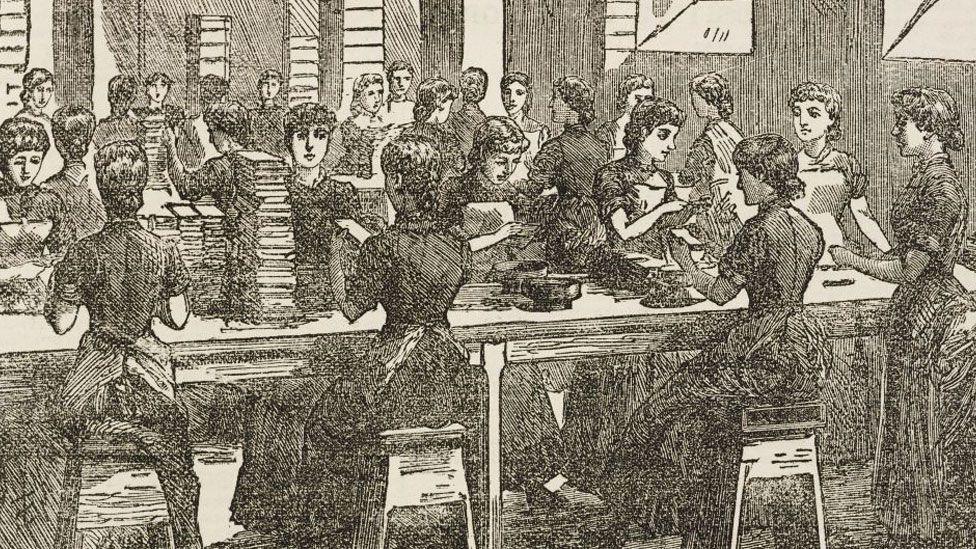
A series of weekly blog posts from Campop will be published to help dispel some of the long-held myths
'Myths can be harmful'
Other truths Campop researchers have discovered will be revealed in a series of weekly blog posts, external, and they include:
The risk of childbirth was far lower than people believed
The title Mrs only began to have a common association with marriage by 1900
Famine and starvation were not common in England due to the Poor Laws (which did not extend to Ireland, where the British administration oversaw one of the last great famines in western Europe in the 1840s)
Life expectancy was no higher for aristocrats than for the rest of the population
Prof Erickson said: "People, not least politicians, often refer to history to nudge us to do something, or stop doing something.
"Not all of this history is accurate and repeating myths about sex, marriage, family and work can be quite harmful."
Follow Cambridgeshire news on Facebook, external, Instagram, external and X, external. Got a story? Email eastofenglandnews@bbc.co.uk, external or WhatsApp us on 0800 169 1830
Related topics
You may also be interested in
- Published5 April 2024
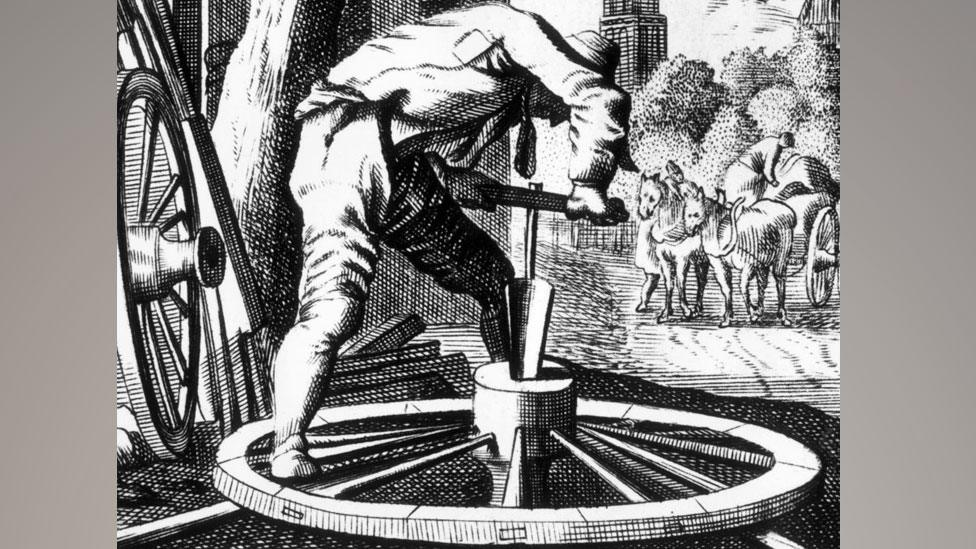
- Published3 March 2024
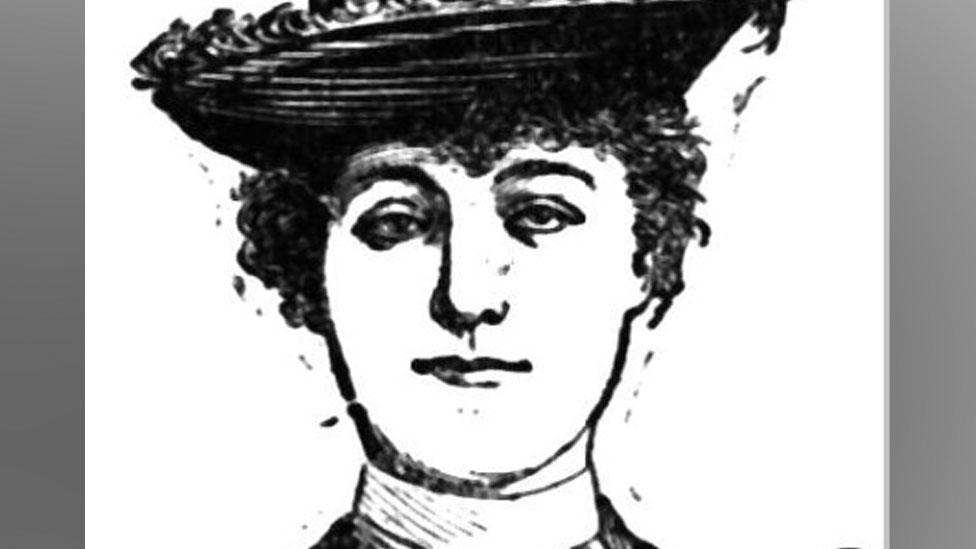
- Published1 January 2024
